GRAP-4 Stage Implemented In Delhi NCR: Here's Everything You Need to Know
The Commission for Air Quality Management (CAQM) activated stage 4 of the Graded Response Action Plan (GRAP) in response to the increasing levels of pollution in Delhi. Here is all you need to know about this fourth stage of the action.
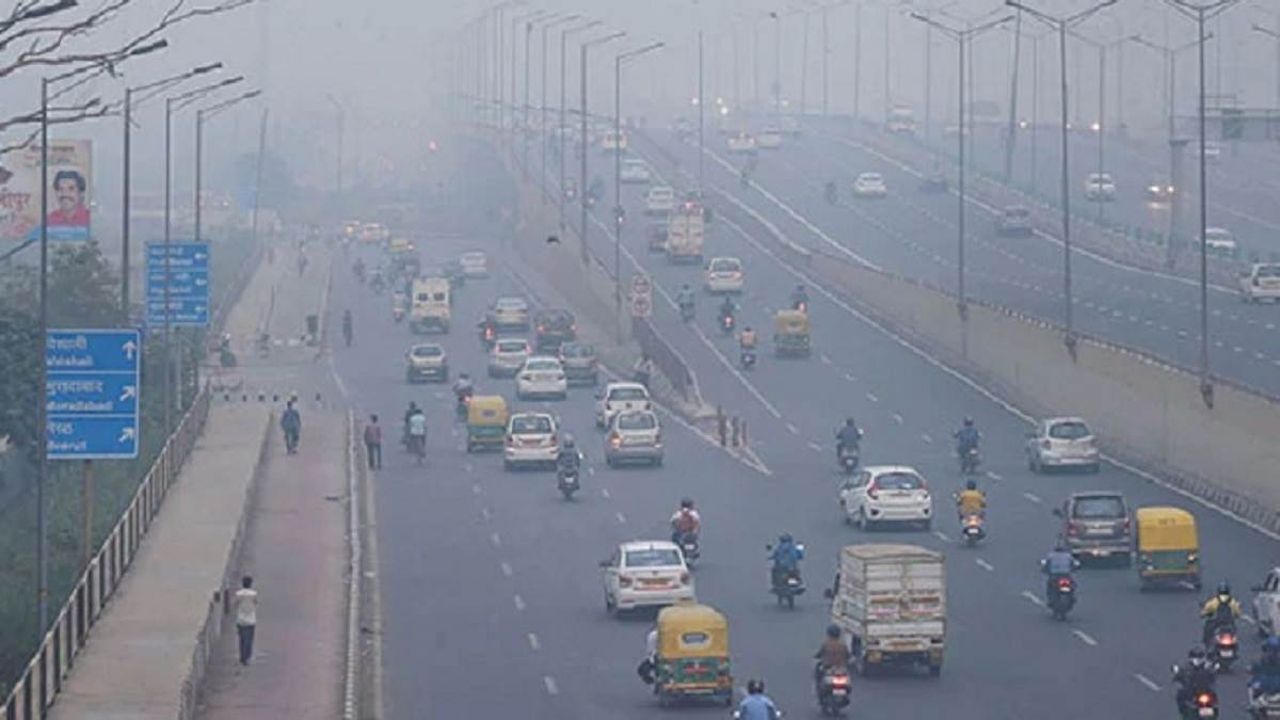
The Delhi-NCR region is experiencing hazardous air quality because of stubble burning and adverse weather, resulting in the entire region being engulfed in severe smog. In response to the city's rising pollution levels, the Commission for Air Quality Management (CAQM) has decided to implement Stage IV of the GRAP (Graded Response Action Plan) across the region with immediate effect. This step has been undertaken in conjunction with other stages, i.e. I, II, and III, to prevent the air quality from worsening any further. Under the Graded Response Action Plan (GRAP) Stage IV, people will have to abide by several restrictions, including the prohibition of commercial vehicles, such as trucks, from other states and the restriction of BS4 petrol and diesel cars, among other things. It is important to keep in mind that any individual who does not comply with these restrictions will be subjected to severe penalties and harsh repercussions. Let's take a look at other significant aspects of the GRAP-4 Stage Implemented in Delhi NCR.
Also Read: Current Delhi EV Policy Extended till December 31; Here's All You Need to Know
GRAP-4 Stage Implemented In Delhi NCR: Key Points to Remember
An action plan called GRAP, or Graded Response Action Plan, was established to tackle increasing pollution rates. It consists of the following four stages:
-Stage 1: poor (AQI 201– 300)
-Stage 2: very poor (AQI 301– 400)
-Stage 3: severe (AQI 401– 450)
-Stage 4: severe plus (AQI above 450)
Currently, the fourth phase of this action plan has been implemented in the region as Delhi faces a 'Severe Plus' AQI. The fourth phase of the GRAP is an eight-point action plan that includes prohibiting trucks, except LNG/CNG trucks and vehicles that are involved in critical service delivery, from entering Delhi. Additionally, it also includes the prohibition of Medium Goods Vehicles (MGVs) and Heavy Goods Vehicles (HGVs) registered in Delhi that run on diesel.
Further, GRAP IV permits the ban of trucks and commercial four-wheelers that emit pollution. As a result, only CNG, electric, and BS VI vehicles from other states are allowed to operate.
Trucks and tempos are prohibited from operating on public highways in the Delhi-NCR region. A few exceptions have been granted to trucks or cars for vital services, such as emergency medical ambulances. Moreover, Trucks that run on environmentally benign fuels, such as LNG or CNG, can operate in the city.
Apart from this, cars with BS6 certification or those that run on CNG and electricity are currently permitted to operate in Delhi. The entry of BS3 petrol and BS4 diesel vehicles from different states was already strictly forbidden during the third phase of the GRAP. But starting Sunday, November 5, all BS4 vehicles are not allowed to operate. It is significant to keep in mind that owners of vehicles that violate the GRAP's fourth stage are subject to a fine of Rs 20,000.
Also Read: Mumbai Bids Adieu to Six Decade-Old Runner Kaali Peeli Taxis; Here's All You Need to Know
GRAP-4 Stage Implemented in Delhi NCR: What is Expected?
According to current assessments, vehicular emissions rank second in Delhi in terms of pollutants, after the stubble burning. As a result, the government may implement more stringent measures due to the declining air quality in the capital city. The odd-even regulation for cars, which was last implemented in the city in 2019, could also be reintroduced. Although there is currently no official information available, industry reports suggest that more rigid regulations may need to be put in place to curb the increasing pollution levels.
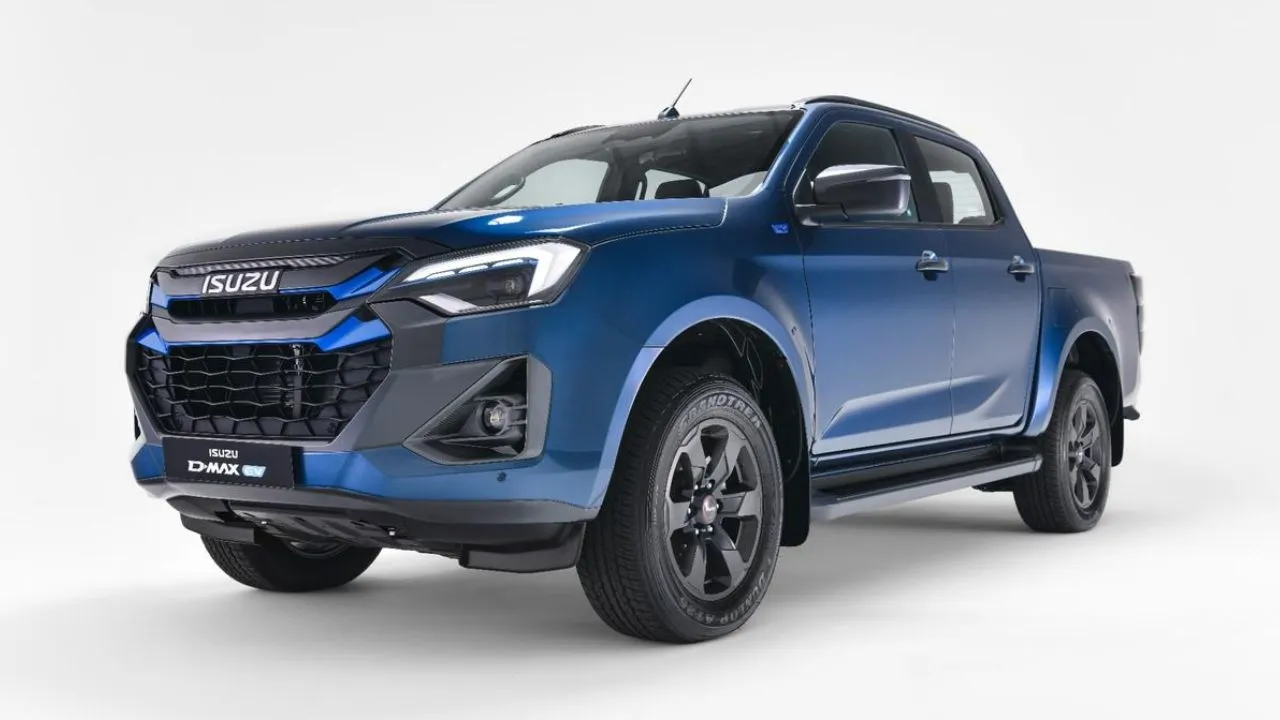
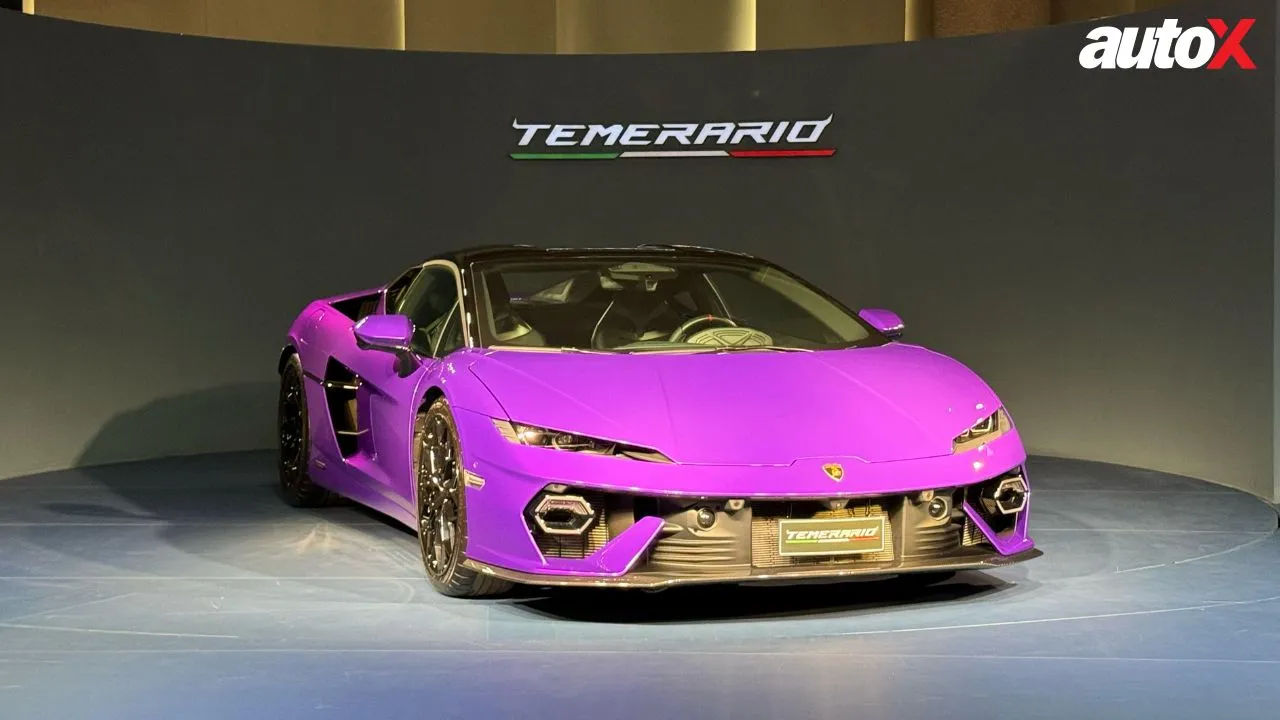



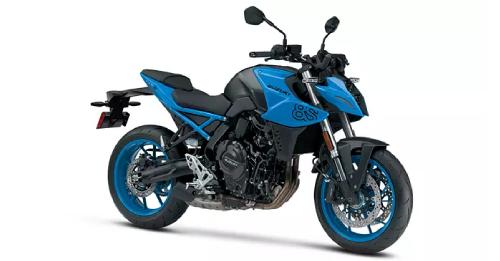
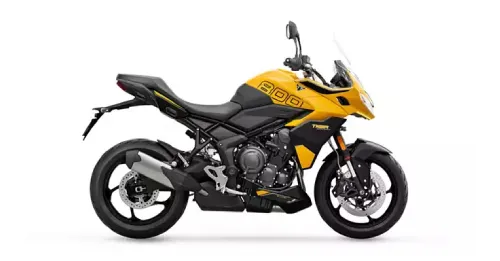
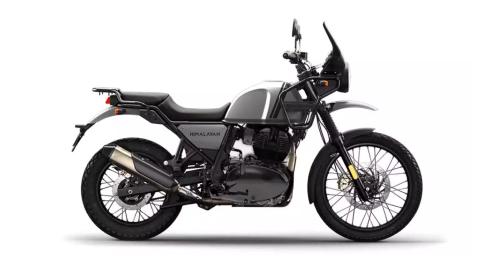
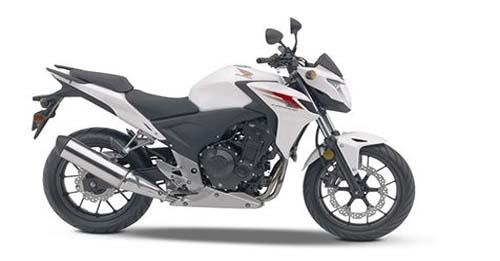
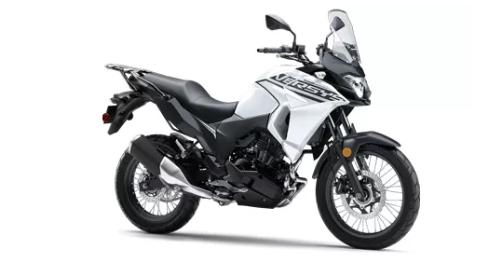









Write your Comment on